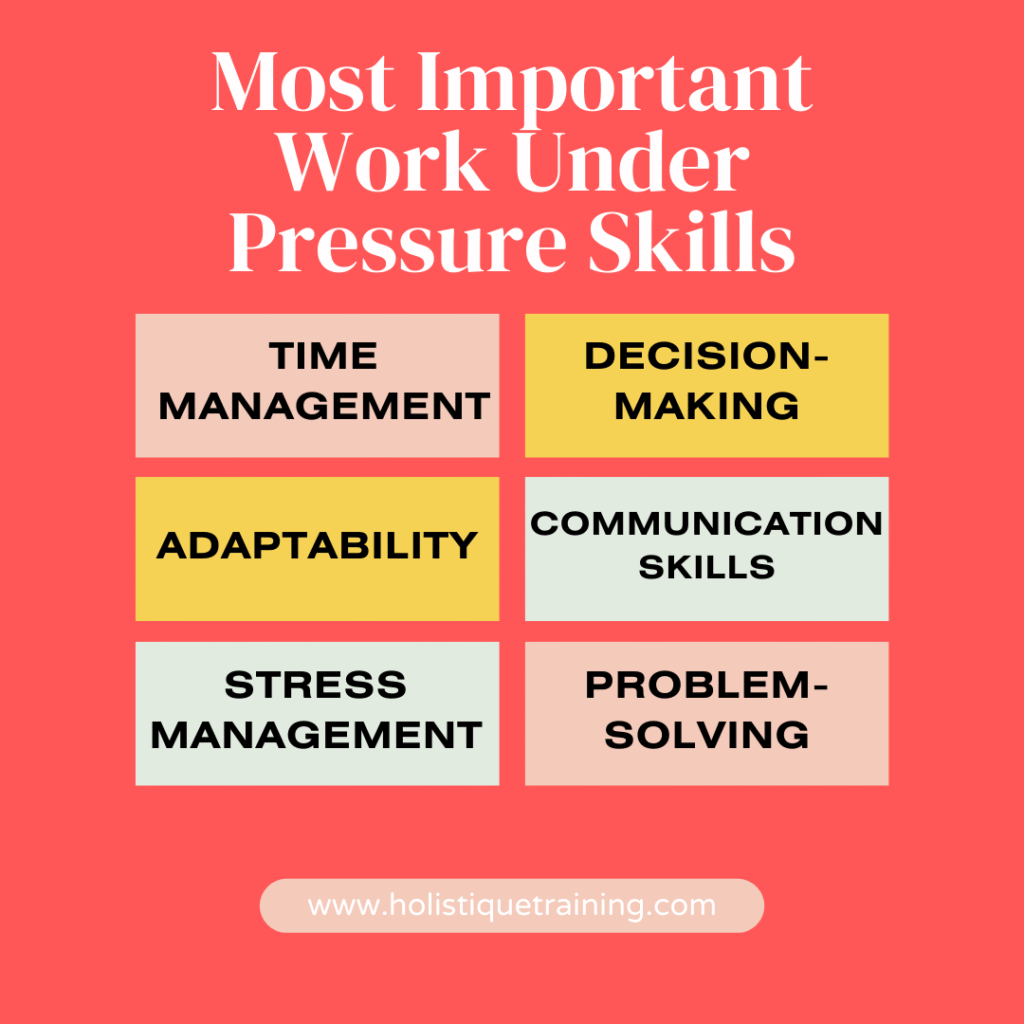Providing exceptional customer service is crucial for any business looking to succeed. It fosters loyalty, builds trust, and ultimately drives growth. While I possess a strong foundation in communication and problem-solving skills, there’s always room for improvement. One area I actively focus on developing is handling high-pressure situations effectively within a customer service role.
This article will delve into the essential customer service skills needed to thrive, particularly focusing on navigating challenging interactions with composure and professionalism. We’ll explore strategies for managing stress, honing communication techniques, and implementing effective problem-solving approaches to ensure positive outcomes in even the most demanding situations.
Customer Service Skills
Customer service representatives require a diverse skillset to excel in their roles. Beyond strong communication abilities, empathy, active listening, and patience are paramount. Understanding customer needs, acknowledging their concerns, and demonstrating genuine care can significantly impact their experience. Building rapport through personalized interactions and offering tailored solutions fosters trust and loyalty.
Furthermore, possessing product knowledge is essential for providing accurate information and addressing customer inquiries effectively. Staying updated on company policies, procedures, and industry trends ensures representatives can confidently handle a wide range of requests. Continuously seeking feedback and striving to improve service delivery demonstrates a commitment to excellence and customer satisfaction.
High-Pressure Situations

High-pressure situations are an inevitable part of any customer service role. Dealing with irate customers, resolving complex issues, or managing multiple inquiries simultaneously can be stressful. However, maintaining composure and professionalism is crucial for de-escalating tense situations and achieving positive resolutions.
One effective strategy is to actively listen to the customer’s concerns without interrupting. Acknowledging their frustration and validating their feelings can help diffuse anger. Remaining calm and speaking in a soothing tone can also create a more receptive environment. It’s important to avoid getting defensive or taking criticism personally, instead focusing on finding solutions that address the customer’s needs.
Managing Expectations
Setting realistic expectations is crucial when dealing with high-pressure situations. While it’s essential to strive for quick and efficient resolutions, sometimes complex issues require additional time and investigation. Transparency about potential delays and keeping customers informed throughout the process can help manage their expectations and prevent further frustration.
Communication Skills
Effective communication is the cornerstone of exceptional customer service. Clear, concise, and empathetic language is essential for conveying information accurately and building rapport with customers. Active listening involves paying full attention to what the customer is saying, both verbally and nonverbally, demonstrating understanding through verbal cues and asking clarifying questions.
Adapting communication style to suit individual customers is also important. Some may prefer direct and concise interactions, while others appreciate a more empathetic and conversational approach. Being mindful of tone and language can help ensure messages are received positively and constructively.
Problem-Solving Skills

Customer service representatives often face situations requiring creative problem-solving abilities. Analyzing customer issues, identifying root causes, and developing effective solutions are key to resolving complaints and exceeding expectations.
Breaking down complex problems into smaller, manageable steps can make them less daunting. Gathering relevant information from the customer, researching potential solutions, and considering various perspectives can lead to comprehensive and satisfactory resolutions. Documenting problem-solving processes and outcomes can also be valuable for future reference and continuous improvement.
Stress Management
Working in a customer service role can be inherently stressful, especially when dealing with demanding customers or high call volumes. Implementing effective stress management techniques is crucial for maintaining well-being and delivering consistently excellent service.
Regular exercise, mindfulness practices, and healthy eating habits can contribute to overall stress reduction. Taking short breaks throughout the day to clear the mind and recharge can also be beneficial. Cultivating a positive work environment through teamwork, open communication, and supportive colleagues can further mitigate stress levels.
Conclusion
Mastering customer service skills is an ongoing journey that requires dedication and continuous improvement. While possessing strong communication and problem-solving abilities is essential, developing strategies for handling high-pressure situations effectively is crucial for success in this demanding field. By honing communication techniques, implementing effective problem-solving approaches, and prioritizing stress management, customer service representatives can navigate challenging interactions with composure and professionalism, ultimately delivering exceptional experiences that foster loyalty and drive business growth.



